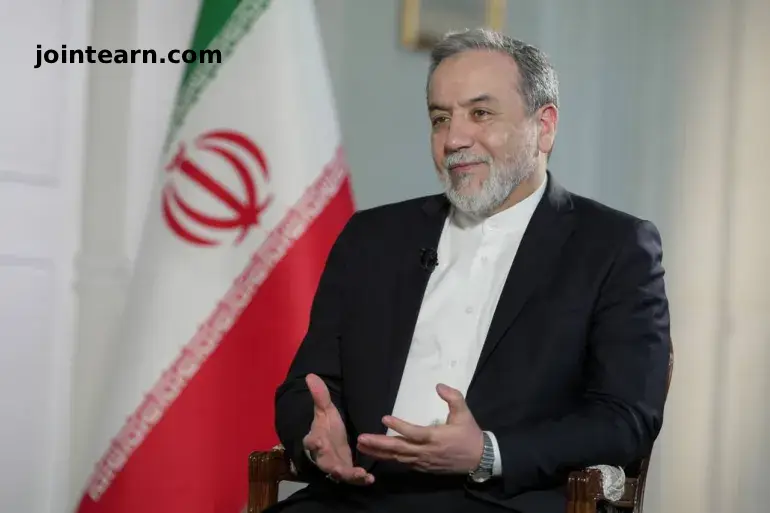
Tehran stands firm on its nuclear stance as regional dynamics shift and sanctions weigh on economy
Tehran, Iran – Iran has conveyed a clear message to Washington: it is not rushing to resume nuclear talks unless conditions shift in its favor. Despite mounting economic pressure and a fresh wave of United Nations sanctions, Tehran’s leadership insists it is prepared to wait until the United States is ready to re-engage on terms it considers fair and mutually beneficial.
Speaking with Al Jazeera Arabic in a televised interview from his office in the Iranian capital, Foreign Minister Abbas Araghchi emphasized that Iran remains open to indirect negotiations with the US—but not at any cost.
“We are not in a hurry,” Araghchi declared. “If talks are to resume, it must be from an equal position based on mutual interest.”
His remarks come at a critical moment for Iran, as it grapples with staggering inflation, limited oil exports, reduced regional trade, and internal political pressures that have forced tough economic choices on the government.
US Preconditions Are ‘Illogical,’ Iran Says
The US has reportedly set several strict preconditions for restarting dialogue, including demands that Tehran halt uranium enrichment, cap its missile capabilities, and cease support for armed groups in the region. For Iran, these demands remain unacceptable, and according to Araghchi, “illogical and unfair.”
The stalemate has persisted ever since indirect talks dissolved following the sudden bombing of Iran’s nuclear facilities in June—an attack blamed on Israel with alleged US support. The incident sparked a 12-day conflict that killed over 1,000 people in Iran and left billions of dollars in damage to key infrastructure, including sensitive nuclear sites.
Rising Regional Opposition to Israel’s Actions
Araghchi suggested the regional balance of power is shifting away from Israel, which Iran views as its primary geopolitical adversary. He referenced growing criticism of Israeli Prime Minister Benjamin Netanyahu from neighboring Arab states, including an unprecedented rebuke from Oman—long seen as a neutral broker in the Gulf.
“Mr Netanyahu has committed every crime, but he has also made clear to the entire region that the real source of instability is Israel—not Iran,” Araghchi said.
Oman’s Foreign Minister Badr bin Hamad al-Busaidi echoed that sentiment, stating that Gulf states can no longer afford to isolate Iran while ignoring Israel’s actions.
Nuclear Fallout and Next Steps
Iran’s nuclear development has been dealt a significant blow since the assault on its facilities. Araghchi confirmed that nearly all the country’s stockpile of 60-percent enriched uranium—roughly 400 kilograms—is trapped under rubble after the bombings.
“We have no intention of removing them until conditions are ready,” he said. “We don’t even know how much of that uranium is intact.”
While China and Russia have publicly rejected the reimposed UN sanctions, European powers have taken a harsher approach. France, the UK, and Germany have imposed new restrictions and suspended direct flights to Iran, citing both nuclear proliferation and alleged Iranian drone exports to Russia.
However, diplomatic and business activity is cautiously resuming. Austrian Airlines flight service to Tehran has restarted, and Lufthansa is expected to follow suit.


Leave a Reply